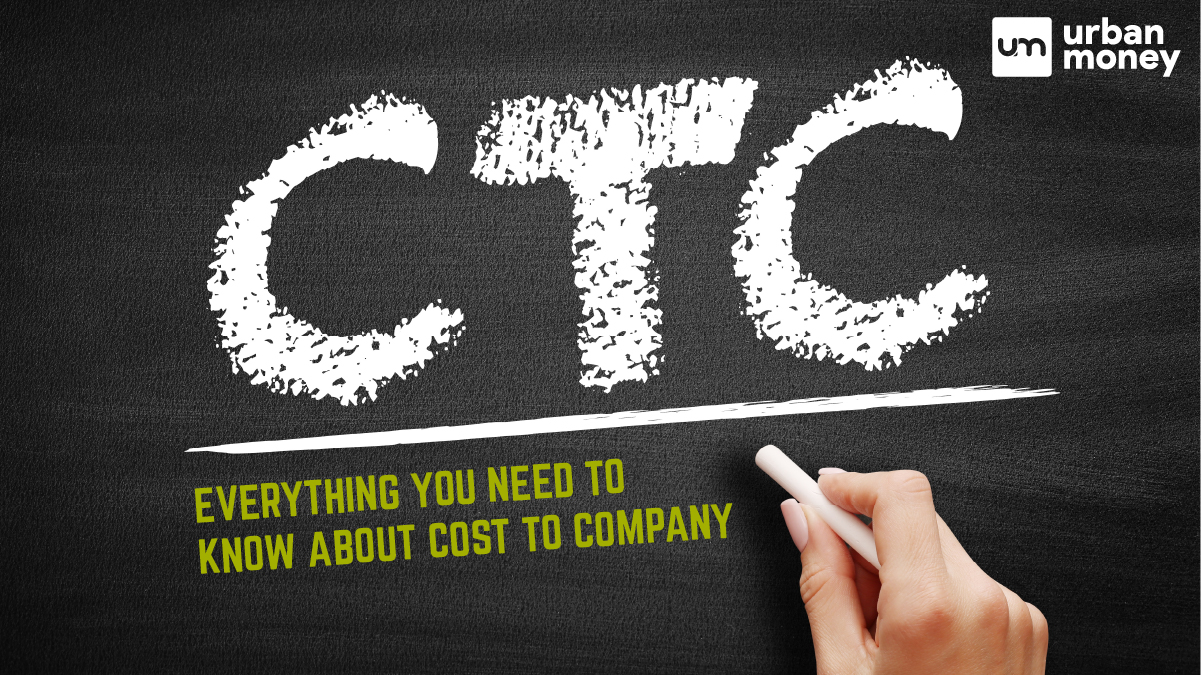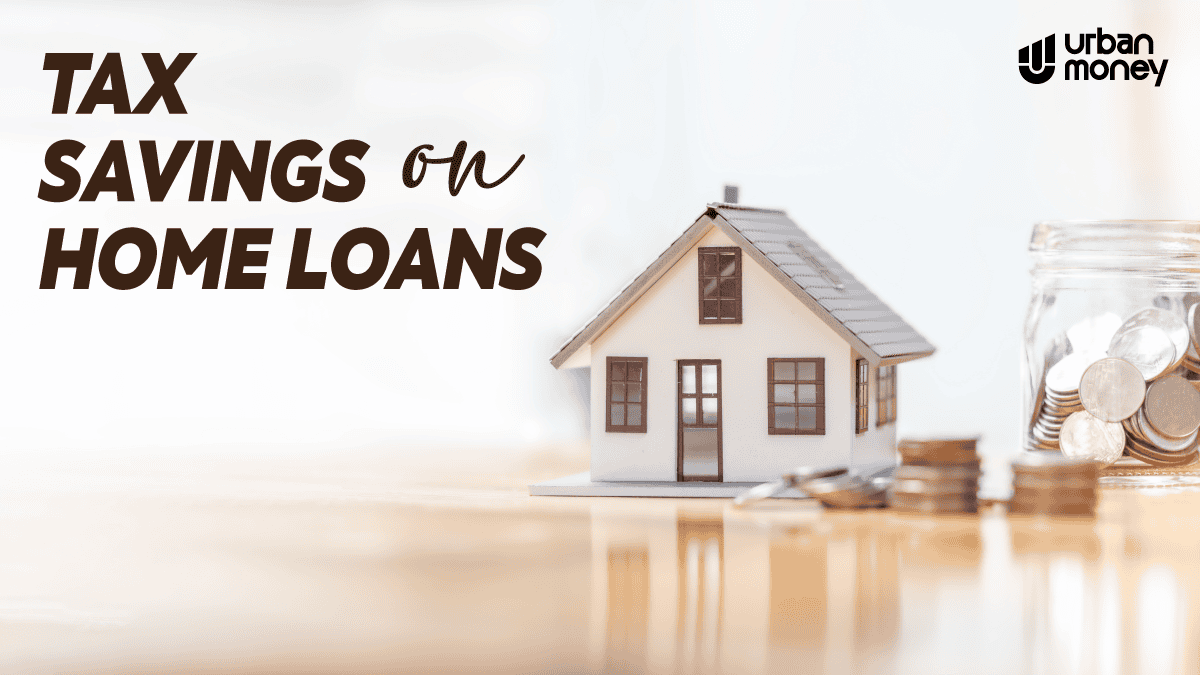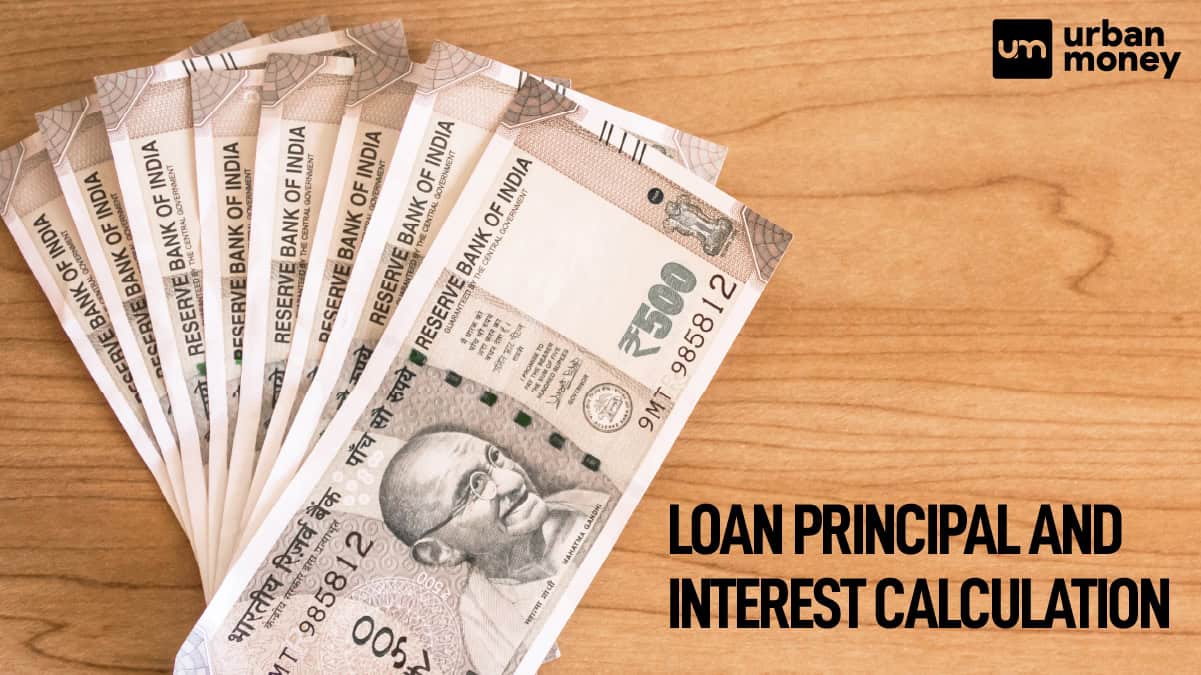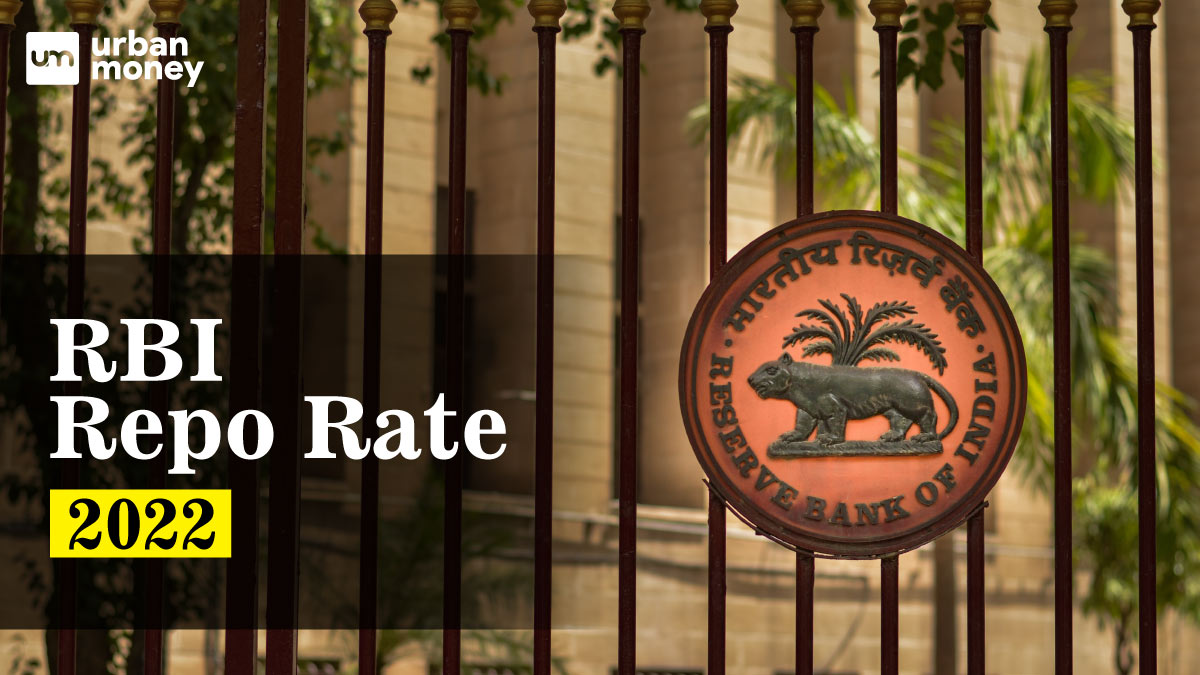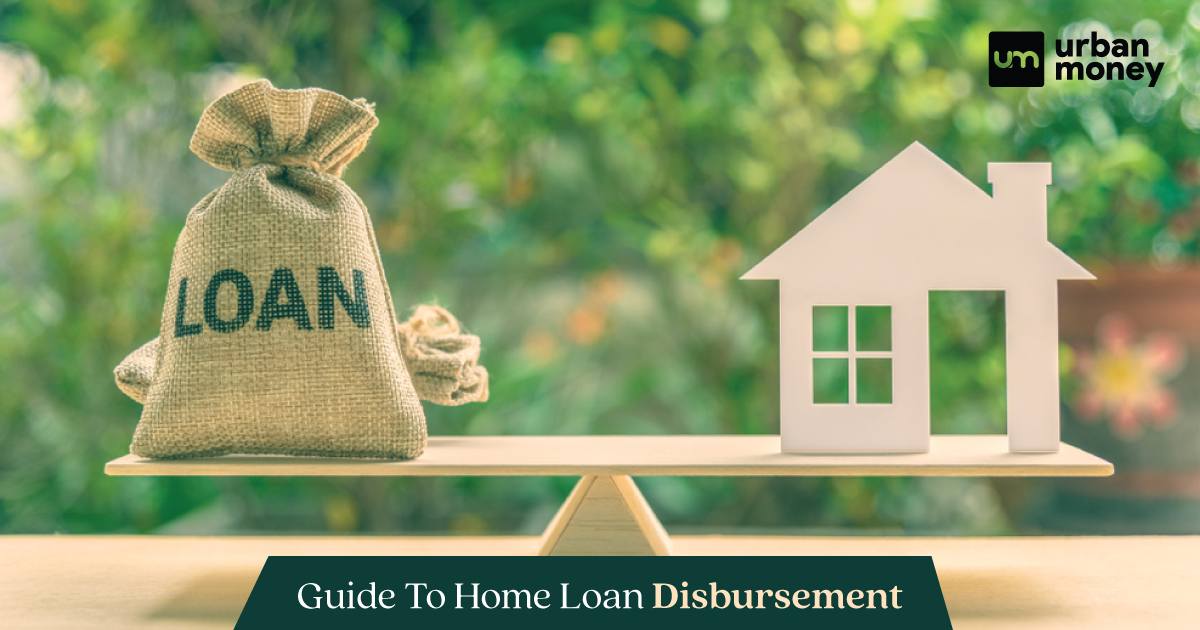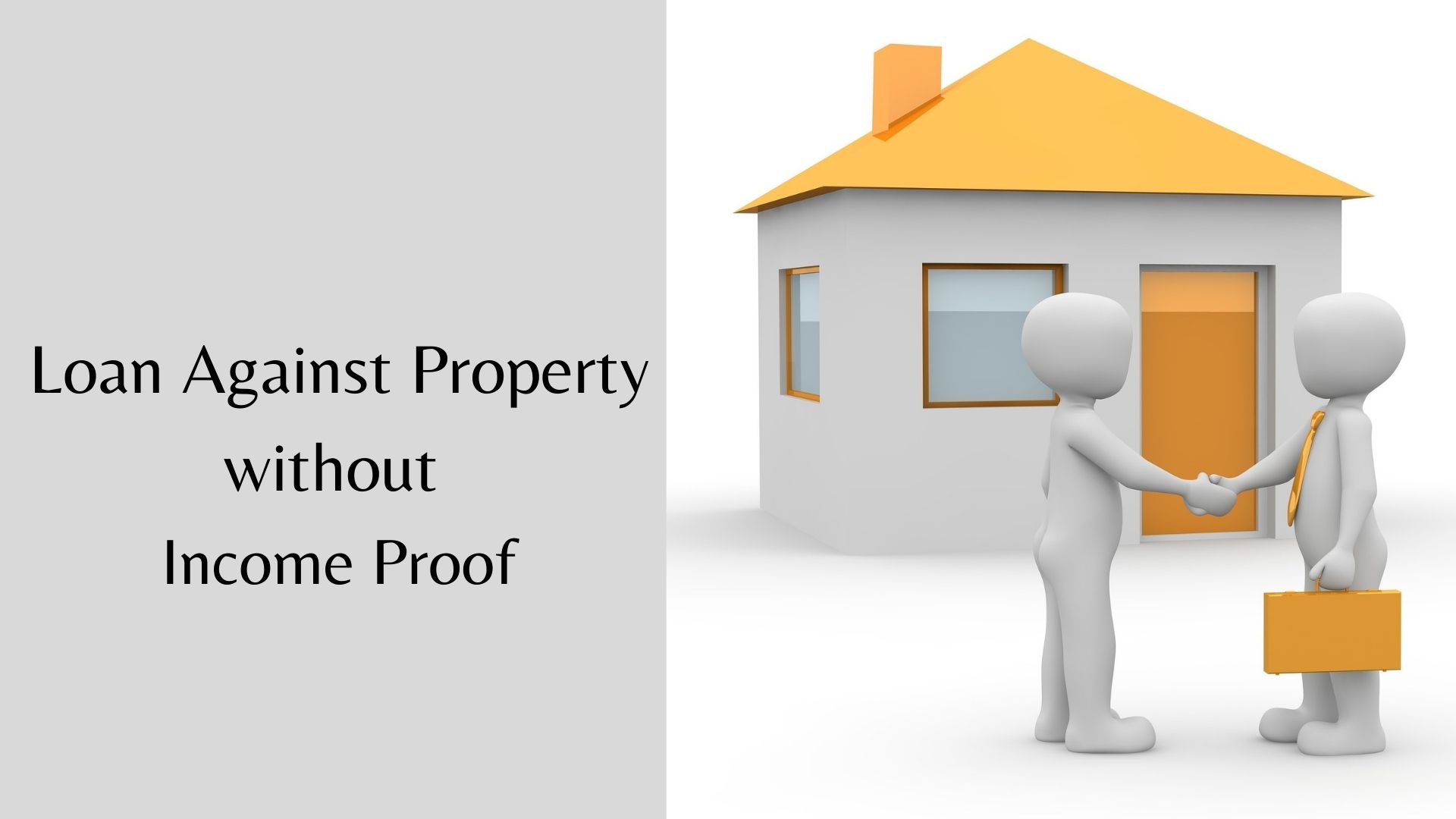Top 10 Best Private Banks in India List 2025
January 09, 2025
Home Loan Archive | The Collateral World of Mortgaging Property

January 21, 2022


A mortgage is any immovable property that is given as a security or collateral against a loan for building a property. The party lending the money keeps this mortgage as collateral until the borrower returns the loaned amount in full along with interest. This kind of home loan is becoming widely prevalent these days as people have discovered the option of applying for a higher amount of loan and a longer payback period.
The time period of a loan with a mortgage is 15-30 years.
Table of Contents
ToggleThe earliest record mortgages are found in medieval England in the twelfth century. An ancient record of English law in 1190 mentions. The word mort means death and the word gage means a kind of pledge.
The early 1190 law gave rights to a lender to occupy a part of the pledged property which he could later sell-off if his loan was not repaid. The title of the property was, however, retained with the borrower.
The next mention of mortgages is found during the Tudor era of English history from 1483 to 1685 where mortgages were mentioned as an ownership right of a lender unless the borrower returned the borrowed amount with interest. The law of that period allowed lenders to seize the property if the loan had not been repaid.
Early history shows complexities in the law of mortgages. If the borrower died before the completion of the term of the loan, the borrower’s legal heir become liable to repay the loan. If on the other hand, the lender died before the end of the term of the loan, the legal heir of the lender would inherit possession of the property if the loan was not prepaid. Understandably, the idle and later ages caused a lot of land and property disputes to arise.
There are even instances where the mortgage was bought by another party in the event of the lender not being able to get his or her money back and this third party would now become the new lender. This new lender sometimes ended up charging interest higher than the original agreement, adding further burden on the borrower’s shoulder.
Over time, mortgage laws were gradually amended to make them lenient both for borrowers and lenders and today there are 7 types of mortgages listed by the transfer of property act under the law of contracts.
The mortgage industry in India has grown to become a US $ 15 billion industry. Originally started by financial institutions in the organized sector, the industry has witnessed a large-scale foray by commercial banks and HDFC (the Housing Development and Finance Corporation).
The services offered by the mortgaging industry in India include mortgage refinancing, giving loans against property real estate lending, debt consolidation services, latest mortgage quotes, home loans, personal loans and home equity loans. The GDP (Gross Domestic Product) to mortgage ratio is low in India at 2.5 as compared to 25 to 60 for European and American countries. There is a large number of mortgaging that goes on in India in the unorganized sector and there are small and micro firms that offer mortgage services.
There are differences between a loan and a mortgage and the differences are so pronounced that people are now opting for mortgages in increasing numbers. For one, the payback of a loan amount is fixed whereas it can go up to 30 years for a mortgage.
There are strict regulations on using a loan amount for the purpose for which the loan was applied. A person taking a mortgage, on the other hand, can use the borrowed funds for any purpose.
Another advantage of a mortgage is that the borrower can use the borrowed amount for the entire amount of his or her requirement whereas the full amount is never given in a loan and the borrower needs to use a small percentage from his or her own funds.
In the Usufructuary mortgage, the lender gets possession of the property given as a mortgage. The lender can earn rent or profit from the property. The Usufructuary mortgage is very popular in rural India. The documents of the property remain with the borrower but an agreement stating that the lender can use the property is made on stamp paper. The unique characteristic of the usufructuary mortgage is that there is no time limit for repayment of the loan. The usufructuary mortgage is well-known as Bhog-bandhak hrin in Hindi.
The borrower mortgages his or her property in order to get a loan. The lender has the right to sell the mortgaged property if the person taking the loan does not repay the amount with interest within the maximum time period. The actual possession of the property, however, remains with the borrower for the time period of the mortgage. In the simple mortgage system, the mortgage agreement is registered on stamp paper.
Thus, in case the mortgagor is not able to pay the borrowed amount with interest, the mortgagee or the lender shall have the right to sell the property through a court decree or court order. The lender cannot retain the property but will have to sell the property by court intervention as he or she cannot claim absolute ownership by foreclosure.
In the English type of mortgage, the mortgaged property is transferred to the person lending the money. But the property will have to be re-transferred to the loan applicant when the full amount is repaid to the person who had lent the money. This arrangement takes the form of a sale except that the borrower makes a pledge to return the borrowed amount with interest. This document will need to be registered as a normal sale deed.
The full procedure of getting the property valued and payment of applicable stamp duty will all have to be done. The document will specify the legal binding upon the lender to go through the legal procedure in order to transfer the property back to the original owner, in this case, the borrower. In case the borrower is not able to repay the borrowed amount with interest, the property remains with the lender and the same document will suffice. No new deed needs to be made.
A Reverse mortgage can be applied by persons of age 60 and above who have significant home equity. They can borrow funds in whole amounts or in monthly instalments. This type of mortgage is suitable for people who have a large capital already invested in property.
This is known as a reverse mortgage because the lender pays the periodic amounts. As in other forms of mortgage, the home is the collateral for this arrangement. What actually happens is that the homeowner’s debt increases and the equity value of the house decreases. Under this type of mortgage, the firm or person lending the money gets to proceed if the homeowner/ borrower dies or moves and the house is sold.
The lender gets reimbursement of his or her money paid to the homeowner along with related expenditure. The remaining amount from the proceeds goes to the surviving homeowner alive or to his or her legal successors.
This scheme is good for retired persons who have limited income potential but regulations stipulate that the amount paid out must not exceed the value of the house itself.
This type of mortgage is common and borrowers deposit the title deed of their mortgaged property with lenders. This kind of mortgage is also known as an equitable mortgage. The lender, however, has no legal rights to claim any security in profits or rents from the mortgaged property during the term of the mortgage. The lender does not have any legal right to take possession of the mortgaged property in case the borrower is not able to return the money within the period of the mortgage.
In this type of mortgage, the borrower makes an agreement of conditional sale. The condition specified is the return of the loan by the borrower. This condition can only be upheld if it is mentioned in the agreement which is a kind of conditional sale deed. Upon successful payment of the loan amount with interest, the sale deed becomes void. If the borrower is not able to repay the pledged amount, the sale shall become absolute.
This kind of mortgage has a very unusual definition. Section 58(g) of the transfer of property act stipulates that any mortgage which is not of the simple, English, reverse and usufructuary types of mortgages are referred to as an anomalous mortgage, subject to the condition that they are bound by conditional sale or by deposit of any deeds.
There are some commonly accepted forms of anomalous mortgage. In one, the lender has possession of the mortgaged property, uses the property for rent and profits for a specified period of time and then returns the property.
Another type of anomalous mortgage is with a clause that the mortgagor cannot redeem the property before a period of 5 years and that the mortgagee (the lender) has given a right of retaining the property (Foreclosure).
The third type of anomalous Mortgage is to have the drafted agreement stipulate payment of interest on the loan but no mention of the capital amount to be paid. The borrower deposits the title deed, though not mentioned in the agreement, as additional security.
| Related Resource |
| Home Loans For Women |
| Plot Loans for Land Purchase |
| Top Housing Finance Companies in India |
| Home Buying Tips |
| Top Home Loans |
A mortgage becomes an ordinary loan when there is no collateral and the loan agreement does not give possession rights to the lender.
In most cases, the lender is not required to return the rent or profits earned. Possession of the property is allowed by the lender for usufructuary and English types of mortgages. Care is to be taken during the drafting of the mortgage to adjust the returns and profits earned by the lender from the interest to be paid by the borrower.
Yes. Banks provide a monthly income based on the market price evaluation of your home. Banks will evaluate an offer to pay a fixed amount to you every month till the period of your lifetime. In the unfortunate event of your demise, the property shall be taken by the bank. In case the value of the amount paid is less than the valuation of the house, the bank shall sell the house and pay the difference to the surviving spouse or legal heir.
In most cases, yes. The loan agreement must be studied carefully to examine the conditions of not being able to completely pay off the loan instalments. Many agreements that are drafted mention confiscating property in the event of non-payment. Banks accept post-dated instalment cheques and can claim bounced cheques.
Yes, you can. You will need to inform the lender and pay off the loan and accrued interest during the time of sale. You will also need a receipt from the lender that all dues have been cleared in order to prevent future litigation. It is, however, necessary that the property and the deed are in your possession at the time of sale.










© 2025 www.urbanmoney.com. All rights reserved.

Need Loan Assistance?

Thank you for showing your interest. Our agent will get in touch with you soon.





